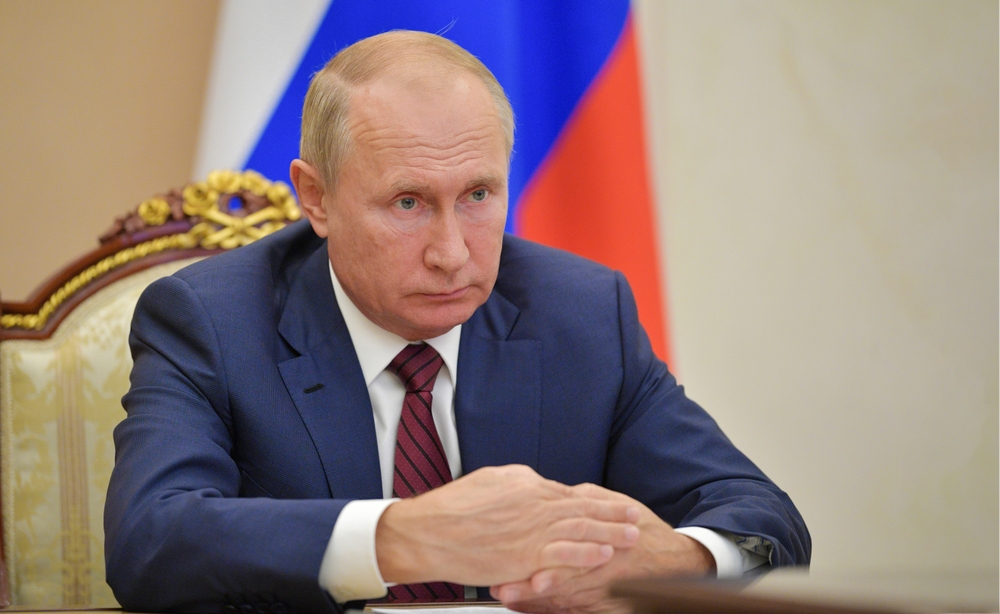Russian President Vladimir Putin has announced intentions to drive forward AI development.
Speaking at an AI conference in Moscow, Putin aims to counter what he perceives as a “dangerous” Western monopoly in AI.
The nation has its own version of ChatGPT named GigaChat, which can answer questions, engage in conversations, and code. It can also generate images like the multi-modal version of ChatGPT via DALL-E 3. Sistemma, a Moscow-based IT company, also announced a ChatGPT competitor this year.
Putin has now announced his intentions to ramp up AI development. Speaking at an AI conference in Moscow, he stated, “It’s imperative to use Russian solutions in the field of creating reliable and transparent artificial intelligence systems that are also safe for humans. Monopolistic dominance of such foreign technology in Russia is unacceptable, dangerous and inadmissible.”
Putin expressed concerns over the potential for Western AI algorithms to digitally erase Russian cultural and scientific achievements. He highlighted, “An algorithm, for example, can indicate to a machine that Russia, our culture, science, music, literature, simply do not exist.”
Putin’s remarks also delved into the cultural implications of AI, noting that many AI systems are tailored for Western markets and reflect Western norms and ethics, which might not align with Russian values.
He further warned of the risk of digital “cancellation” of Russian culture due to these biases.
These aren’t controversial points. Many researchers, including those from Anthropic, MIT, and other Western companies and institutions, have warned how generative AI siloes cultural expression – sometimes dubbed “AI colonialism.”
Russia’s AI developments
Putin pledged increased resources for developing supercomputers and other technologies crucial for AI research.
“We are talking about expanding fundamental and applied research in the field of generative artificial intelligence and large language models,” he said, stressing the need for these developments to be rooted in Russian traditional values and diversity.
Highlighting the global nature of AI development, Putin acknowledged the impracticality of banning AI technologies. He suggested that the international community would eventually establish security guidelines for AI once the risks of its uncontrolled spread are fully realized.
Russia hasn’t participated in any major global AI summits or meetings to date.
Furthermore, Putin announced plans to intensify research into generative AI and large language models (LLMs), emphasizing that “Our domestic models of artificial intelligence must reflect the wealth and diversity of world culture, the heritage, knowledge, and wisdom of all civilizations.”
It may not be long before Russia well and truly joins the geopolitical tensions brewing over AI between the US and China.





